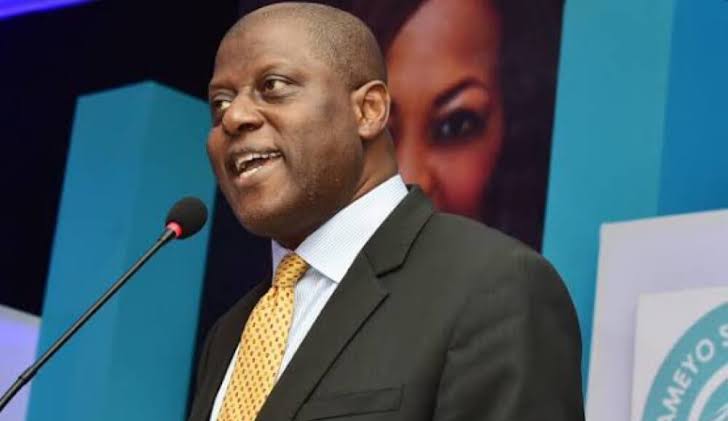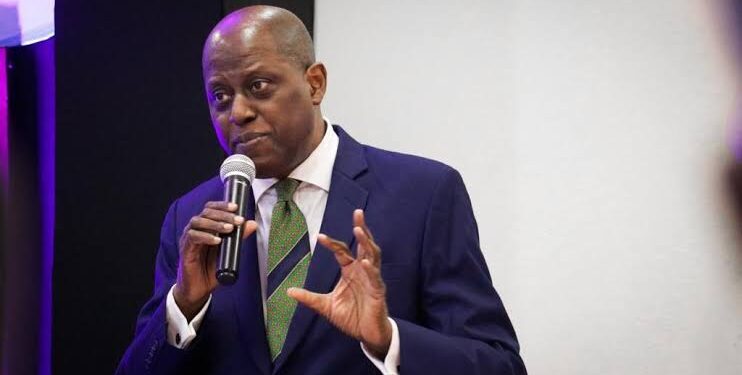The Governor of the Central Bank of Nigeria (CBN), Mr. Olayemi Cardoso, has unveiled his revolutionary solution to Nigeria’s struggling financial sector: produce more skilled professionals. Apparently, we’ve been doing it all wrong by not putting out enough experts in finance-related fields from our universities. Who knew?
During a strategic meeting held at the CBN headquarters in Abuja, Cardoso enlightened the President of the Nigerian Economic Society (NES), Professor Adeola Adenikinju, and officials, including members of the Nigerian Economics Students Association (NESA), about his plans. The meeting, which had the usual air of formality, was an opportunity for Cardoso to reiterate what many Nigerians might argue are obvious solutions—like the need for skilled professionals in finance to build a competitive financial sector.
The CBN released a press statement Sunday summarizing Cardoso’s big ideas. It read: “The Governor of the Central Bank of Nigeria, Mr. Olayemi Cardoso, has reiterated the Bank’s commitment to developing the next generation of leaders in the financial and social sciences sectors.”

No offense, Mr. Governor, but developing skilled professionals is something that should have been happening all along. Why is it newsworthy that Nigeria’s universities are experiencing a shortage of professionals in finance-related disciplines? What’s more alarming is the glaring admission that we haven’t been producing the experts needed to navigate our very own economic mess. If this sounds like a “let’s-state-the-obvious” moment, it’s because it is.
Cardoso went on to say that empowering young professionals is essential for building a competitive financial sector. He also emphasized youth development, saying that creating opportunities for young talent is a must.
In a display of innovation (or just basic common sense), Cardoso also noted that simplifying economic concepts is crucial. “Effective communication is key to helping the public understand monetary policies,” he said. Another no-brainer—the average Nigerian barely understands what’s going on with all the technical jargon tossed around. It’s almost as if economic policies are written in code to confuse everyone.
The press statement went on to mention presentations by NES and NESA members on research topics, recommendations, and activities that could help the CBN achieve its mandate. The Governor reportedly stressed the importance of organizing a mentorship collaboration between NES and NESA to ensure that these academic bodies actually achieve something. Because apparently, universities and professional bodies haven’t been able to produce enough finance graduates capable of making a dent in the nation’s problems.
Professor Adenikinju, not to be left out, expressed NES’s desire for deeper collaboration with the CBN. He mentioned areas such as research support, internships, and workshops as essential to creating a pipeline of skilled professionals.
Adenikinju also highlighted the need for better use of social media to communicate economic policies more effectively. Ah, the magical solution: tweet out the economic policies. We all know nothing says “effective communication” like a good tweet storm or a Facebook post.
While it’s great that the CBN wants to tackle Nigeria’s shortage of skilled professionals in finance, it’s worth asking why it took so long to recognize this obvious gap. Maybe next time, the powers that be will realize that a little more action and a little less talk can go a long way toward solving the problems that have plagued Nigeria’s financial sector for years. Until then, we’ll wait for the next press release on the importance of teaching students finance. Truly revolutionary.

















